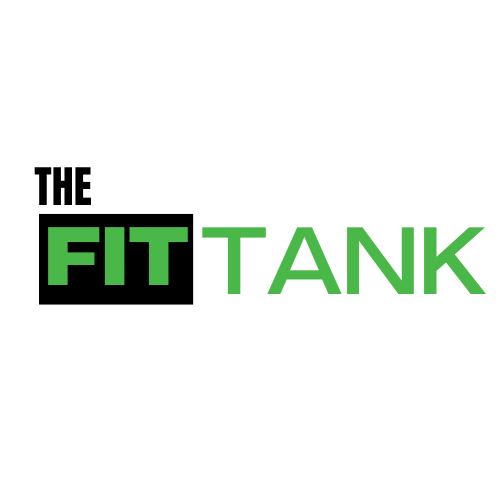Welcome back guys for day three of metabolism.
Quick recap. Metabolism is basically the engine. You eat and it turns food into a chemical process which turns into energy and or waste.
So really, it’s a chemical process, it turns food into energy and waste. Wasn’t that what I said? Well, you said something about an engine. The Little Engine That Could? So the engine itself, can it speed up or slow down? That’s what we’re going to talk about. And the factors that we can be aware of or monitor. And maybe even adjust.
Factor number one is probably diet. Diet, what do we consume? Because that’s proven, right? What proteins convert differently than fats? It takes more energy to digest protein for sure and less energy to digest carbs and fats. I don’t know which of those ranks higher but yeah. A high-protein diet, generally speaking, will help improve your metabolism. Really two reasons, not only more energy to burn, but it also promotes muscle growth, which promotes muscle density, promoting better metabolism. That’s probably why keto and or fasting diets do so well. Yes, without a doubt. I would think if you had to rank them, it’s protein than fat and carb. I don’t have any scientific literature. That’s my own assumption.
So diet out of the way, what are some other factors? You mentioned stress yesterday. Stress is a big one. Stress produces cortisol. Cortisol is the heightened state of awareness. When you’re in that heightened state of awareness, heightened energy, you consume more energy. So you would think that high stress means that, you’re gonna be burning a lot faster. The problem is that couples more often with eating more. People that say, Hey, I’m stressed, I’m going through a breakup, or whatever the situation. I’m going to eat more which is typically a coping mechanism. That is true. However, If you can be in a highly stressful situation and not go to the fridge, you are going to definitely lose weight. So it goes hand in hand. It’s not just cortisol that produces weight. Its cortisol produces hunger, which produces weight.
What about the stuff that we ultimately can control or is much more difficult to control? Like the kind of job, you have? Sedentary sitting at a desk 8-10 hours a day, especially during COVID and even post-COVID. There are so many people working from home right now. Did you hear the number? How many pounds? Remember the freshman 15 and college? With COVID it was 29 pounds on average was gained. So lifestyles, especially a sedentary lifestyle is drastic.
What else? We covered stress and diet. What else can you throw at me?
We talked about lifestyle. Obviously, part of lifestyle is exercise. Okay, your own activity levels. You’re burning more, you’re probably eating a little more probably even aware of your diet while you’re eating. Alright, I just worked out and burned 700 calories. The last thing I want to do is throw 800 calories at it. Well, depends on what the calories come from. A big greasy cheeseburger wouldn’t be good.
What about something like sleep? Would you think sleep would help? I really don’t know the technical answer, but I have to imagine that sleep is important. My wife is a pediatric emergency room nurse and she often works nights. She would be the first one to tell you when she works the seven-to-seven shift, it’s much harder to lose weight than when she’s working a daytime shift. You can Google that on your own but studies have shown that poor sleep equals weight gain.
These are all kinds of environmental factors, for the most part. There is a thing called your metabolic rate. How does a person go about identifying where their metabolic rate is? I have no clue. The easiest thing you can do is to Google it. There are a million calculators out there. But really it’s a guess, an educated guess. They take your height, your weight, and your age, and tell you what your basal rate should be. Your metabolic basal rate, correct? Yes. If you really wanted to figure it out, it takes time and discipline. Maybe you use a calculator first, and it tells you how many calories you should eat, setting your basal rate. Then you have to stick to consuming that over a period of time. If you gain weight or lose weight, then you know that that’s not really your basal rate. Gotcha. So your basal rate in a nutshell is if I’m living a sedentary lifestyle, I’m not doing a whole lot. My basal rate is what I need to survive. Is that good? Yes, but I wouldn’t even say a sedentary lifestyle, just your normal lifestyle. Because then you can be aware of, if I exceed this number on a regular basis, it’s going to have a net negative metabolic effect.
And this is good old-fashioned calories in calories out for the most part. Again, it’s a process of turning food into fuel and waste.
We are out of time. We ran a little long today, but metabolism is really cool. Google it. There’s so much to read about metabolism. A lot of it is nonsense, so digest it and do what you will. Email us your ideas to Snachcast@yes.fit or hit us in our Facebook group. Stay moving.



